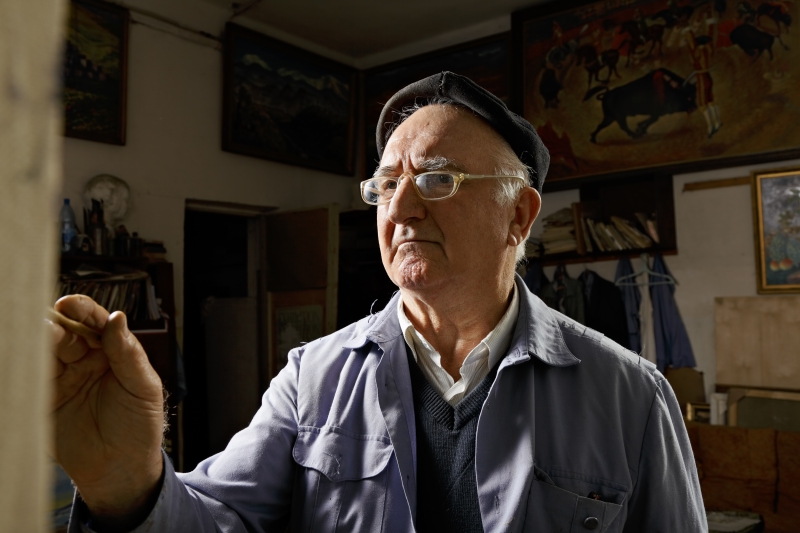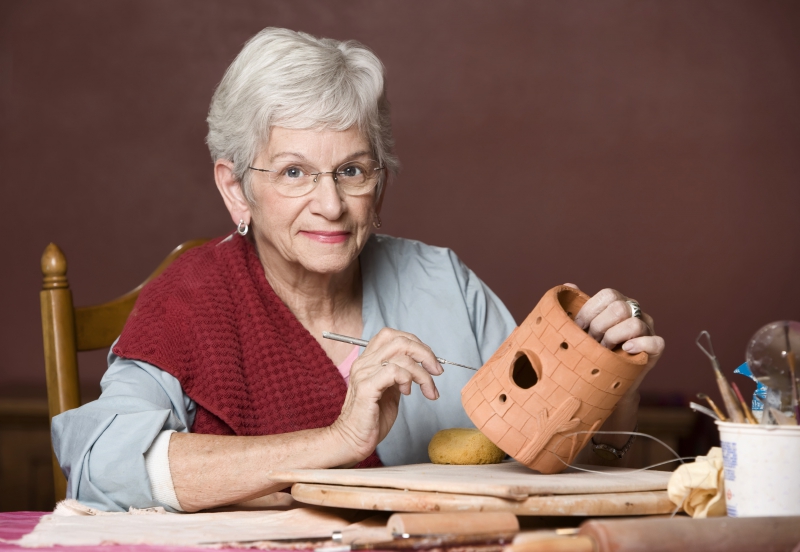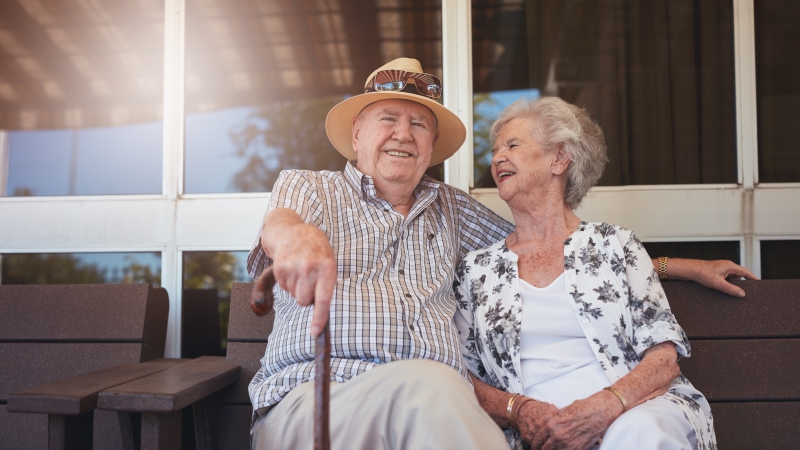Neurologists who are interested in rehabilitation research are always looking for innovative ways of improving the quality of life for those who have suffered from a brain injury. Whether damage to the brain occurred due to a concussion, a penetrating injury, or from a stroke, recovery takes time and a lot of hard work. That’s why researchers are looking into the benefits of painting while recovering from a brain injury.
ACRM is always seeking physicians, nurses, and many other medical professionals who want to improve the life of anyone recovering from a medical condition or injury. At our next rehabilitation research conference, we will bring people together from around the world to join in a networking and knowledge sharing event. Learn more about submitting a proposal for this conference here.
 Six Benefits of Painting For Patients Recovering From a Brain Injury
Six Benefits of Painting For Patients Recovering From a Brain Injury
Fosters Creative Growth
Are you a left-brain or a right-brain? If you think you are one or the other, it’s not too late to experiment with painting in order to increase the strength of the right side of your brain. Because left-brainers tend to be more analytical, painting tends to be a right-brain activity. However, through the practice and focus that painting requires, left-brainers can retrain their brain to enhance their creative skills. In cases of brain injury, strengthening one side of the brain can benefit the other, leading to a well-rounded rehabilitation plan.
Strengthens Memory
Having an image in your head and translating that onto paper or canvas is a way of sharpening the mind through conceptual visualization and implementation. When people who consistently have an artistic outlet, whether it’s writing, painting, or music, they are less likely to develop memory loss as they age.
Painting can be especially important for stroke patients who have lost their ability to speak, either completely or partially. Painters will often use their medium to help them convey their emotions and personality. They can create a story that can help them cope with their situation.
 Problem-Solving and Motor Skills
Problem-Solving and Motor Skills
A painter can sometimes set out to complete an image and when they finish, will reveal something quite different from the original plan. Problems that occur during the process can force them to adapt and make conceptual changes as they go. This will inevitably boost problem-solving skills.
For stroke patients, painting is a wonderful way for them to practice any motor skills that were lost. Holding onto one or even several brushes in their fingers will help strengthen their dexterity and mobility.
Stress Relief
What many rehabilitation researchers want most is a method of relieving stress that accumulates throughout the difficult recovery process. Painting can provide people recovering from a brain injury a way to release their stress and let their mind rest from the constant worry and strain of their situation. Stress-free patients will have a much better time with their recovery.
Optimistic Attitude
We’ve all felt that rush of exhilaration when we have accomplished something that we had set out to complete. This boost of optimism and confidence allows patients to continue pushing themselves to practice more, learn more, and to one day feel that sense of accomplishment again.
It can also be said that painting creates a relaxing environment that allows patients to feel safe while exploring their creativity. And when they are able to look back and see what they have created, to hear admiration from others, this allows their feelings of optimism to grow even more.
 Emotional Growth
Emotional Growth
Everyone has their own methods of personal therapy, and many brain injury patients can use painting as that method. The act of putting paint to paper opens up the door to certain emotions that they may not have realized were there before. Art therapy is an occupation that many rehabilitation researchers are aware of which helps patients feel more at ease and comfortable.
For ACRMs 2018 rehabilitation conference, we are looking for proposals in 20 different areas, from cancer rehabilitation to limb restoration to arts and neuroscience. If you have news that you would like to share with your fellow neuroscientists about your research, please submit a proposal today. We can’t wait to read all about the advances you are making in whichever area you are passionate about.
Share your knowledge, network with other medical professionals, and meet fellow rehabilitation researchers with ACRM.










